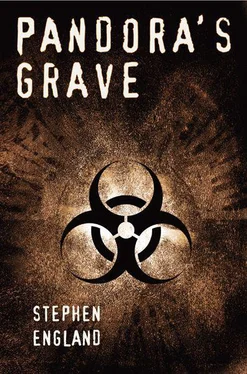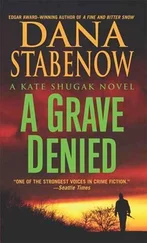A time to kill and a time to heal. A time to weep …
This too would pass…
10:13 A.M. Eastern Time, October 21st
CIA Headquarters
Langley, Virginia
As it happened, David Lay and Bernard Kranemeyer were meeting in Lay’s seventh-floor office when the news came over the television, a plume of black smoke billowing across the screen.
Stopping in mid-sentence, the CIA director reached for his remote and turned off the mute in time to hear, “…this is FOX News correspondent Andrew Carlson in Hebron. What you see behind me is the remains of the motorcade of Tahir al-Din Husayni, the Grand Mufti of Jerusalem.”
“Dear God,” Lay whispered.
“The motorcade was attacked by militants using RPGs just after five o’clock local time, as Husayni was returning to Jerusalem. The attack seemed to be well-coordinated, a professional job by all accounts. Moments ago, we received confirmation from a source in the Israeli Defense Force that Husayni perished in the attack, becoming the first Grand Mufti in historical record to die by assassination. Traditionally, the office has been viewed as sacrosanct to all sides in the Middle East conflict, but Husayni had exposed himself as a lightning rod in years past and again more recently. A man willing to become involved in the politics of the region…”
Lay hit the mute button again. There was nothing more they could tell him that he didn’t already know. “They got him,” he announced quietly.
“He was a brave man, a credit to his faith,” the DCS added.
Lay snorted. “And he was killed by people of the same faith who believed him to be a heretic. Oh, well, the Middle East is one of the few places in this crazy world where it takes courage to be a moderate. Requiescat in pace .”
Rest in peace.
Kranemeyer nodded, rising from his chair. “Carter did want me to give these to you.”
He extracted a sheaf of papers from the folder under his arm and handed them to Lay. “What are these?” the DCIA asked.
“The phone logs Ron and Carol pulled off al-Farouk’s satellite phone. They’re working on tracing most of the numbers as we speak, but there was one thing Ron wanted me to run by you.”
“And that would be?”
“This last number-here, tagged with the header Israfil .”
“The burning one,” Lay observed, looking up. “The angel of the trumpet at the last day according to Islamic tradition.”
Kranemeyer nodded. “It was called three times in the twenty-four hours leading up to the attacks, the last time approximately thirty minutes before al-Farouk’s death. It’s a D.C. area code, and our attempts to access data on it have been blocked. High-class firewalls, even Ron is stumped. It looks like Zakiri may not have been their only man on the inside.”
Lay’s eyes traced down the paper to the number his DCS was indicating and the color drained from his face. There was a slight tremor in his voice when he spoke again.
“Tell Ron it will be taken care of,” he responded, forcing a smile to his face.
Kranemeyer looked at him strangely. “Are you feeling well?”
“Fatigue,” Lay replied, as glib as ever. “I’m thinking of taking a few days off next week. But assure Ron it will be taken care of.”
The director waited until Kranemeyer had left the room, then he reached into his desk, pulling out a prepaid cellular phone. The phone was clean, had never been used before. There was no way it could be traced to him.
The phone powered on with an annoying cheerful tone and Lay consulted the phone logs, tapping in the number with a trembling hand.
It was ringing. He took a deep breath to calm himself, drumming his fingers on the oak of the desktop as he waited. It rang once, then twice, then three times. He thought for a moment of hanging up, of putting it behind him, but that was no longer an option. The die had been cast.
Four rings and a recorded voice came on the line. So familiar. “You have reached the voicemail of the President of the United States…”












